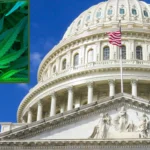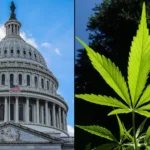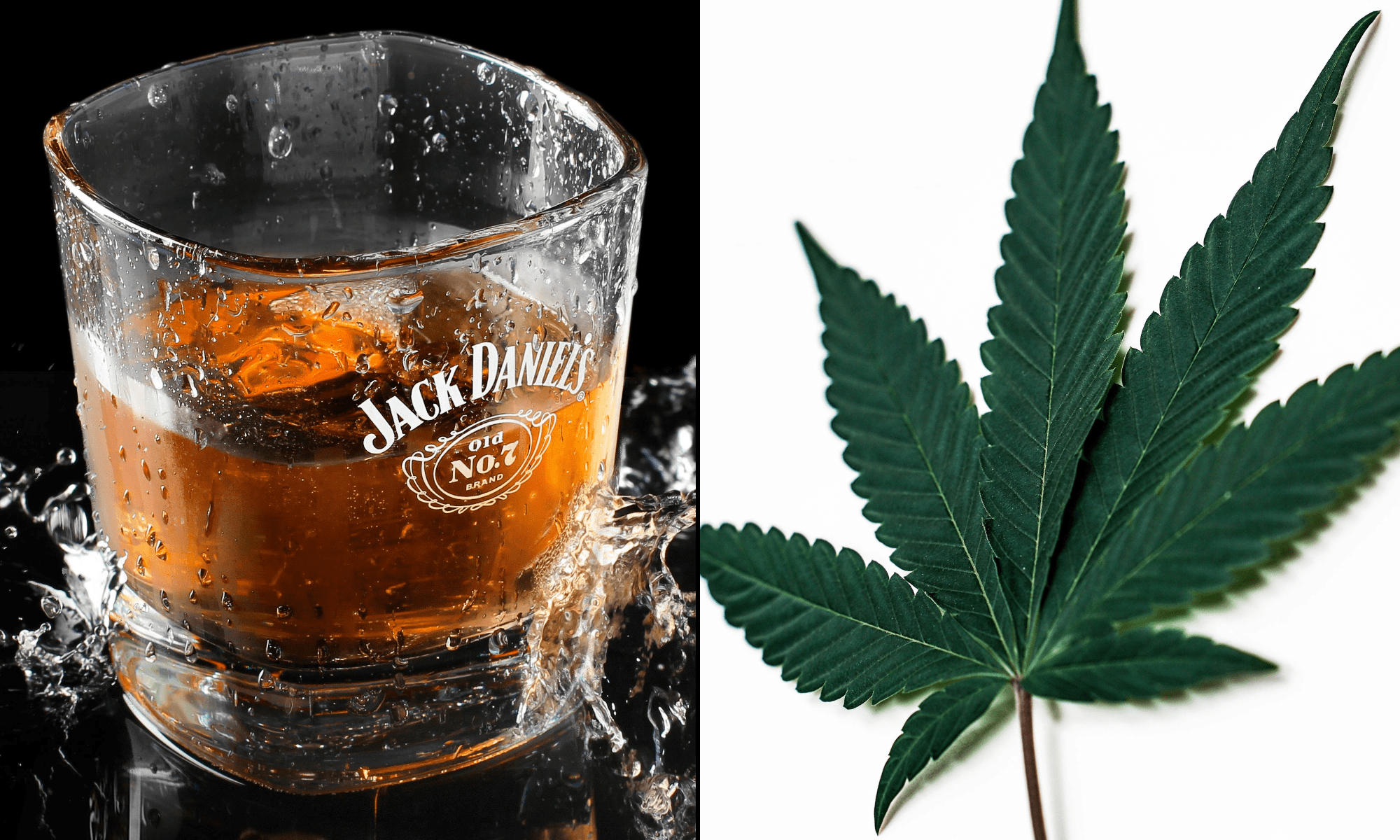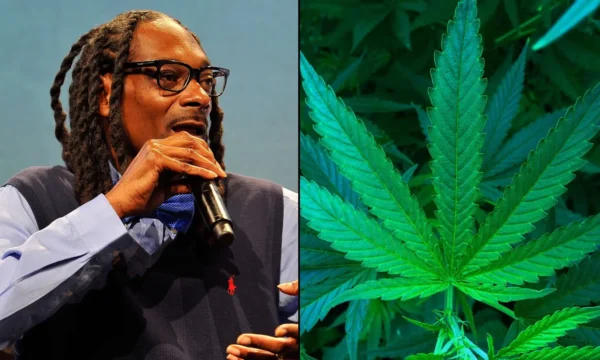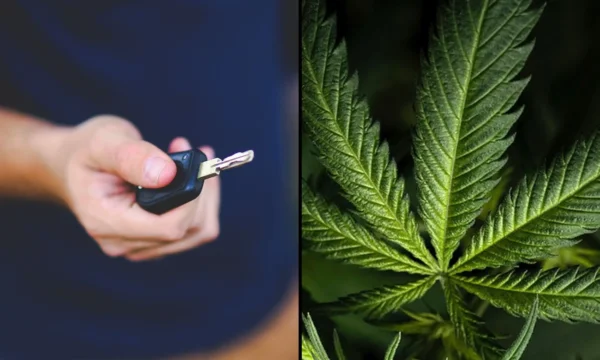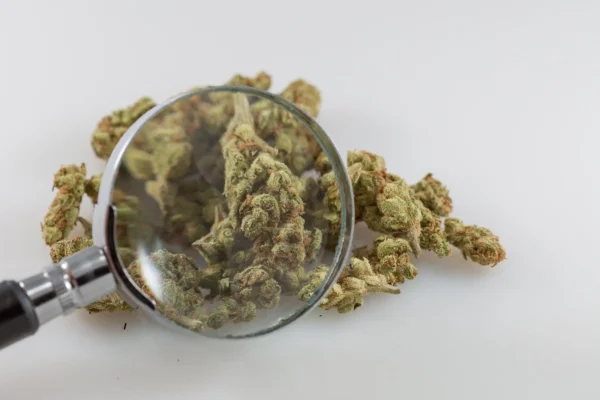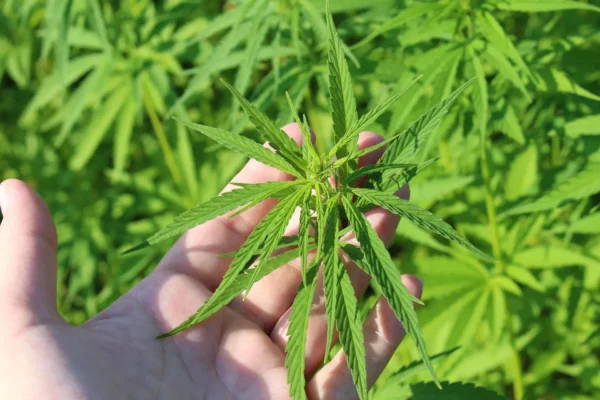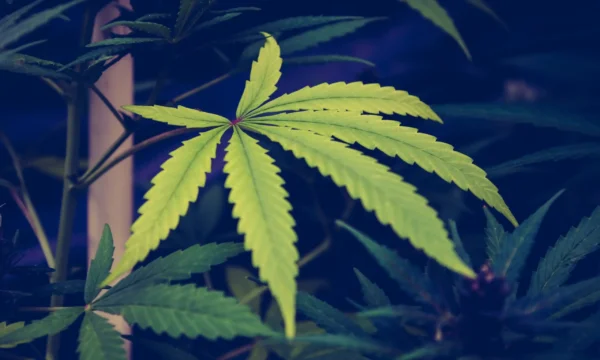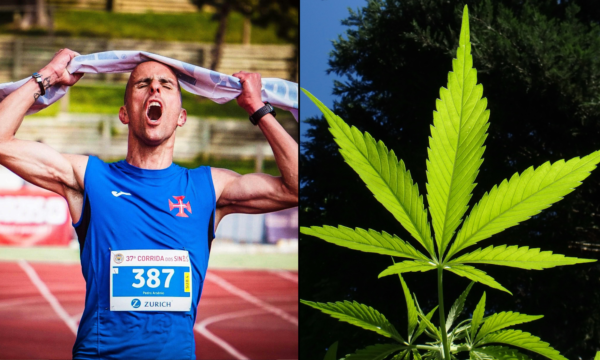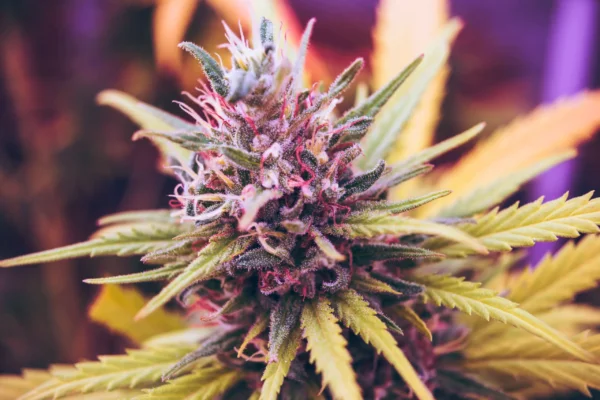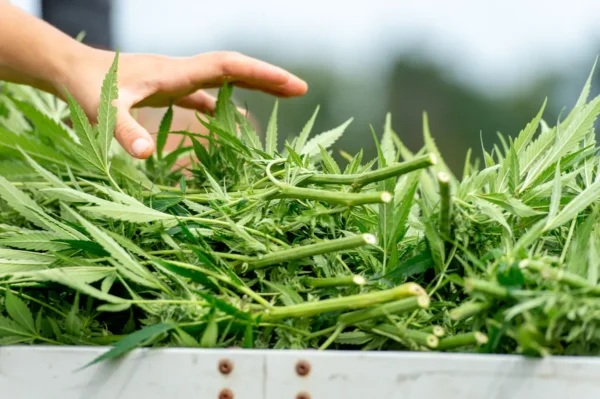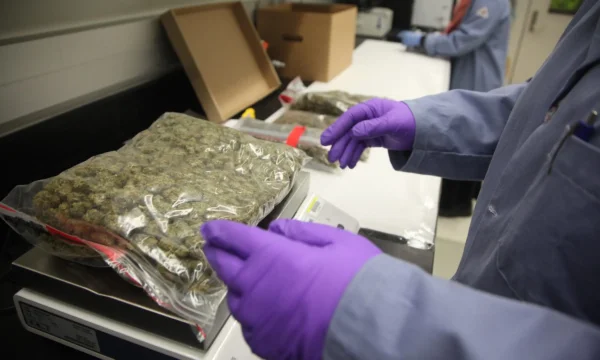Most People Who Drink THC-Infused Cannabis Beverages Reduce Their Use Of Alcohol, Survey Shows
THC beverage survey underscores a clear shift: cannabis-infused beverages are cutting alcohol consumption. Picture the end of a long week—the fluorescent lights, the hollow toasts, the ritualized hangover we’ve all agreed to pretend is normal. Now swap the pint for a can that hums instead of hollers. In a recent survey of 1,066 adults who actually buy and drink this stuff, 77 percent said they reduced their alcohol use after picking up THC drinks, and 21 percent said they cut booze entirely. That’s not a trend; that’s an exit ramp. Call it the cannabis substitution effect, call it harm reduction, call it a quiet revolt at the corner of culture and chemistry. Whatever the label, the signal is loud: drinkers are choosing a different buzz—and they’re not looking back.
Let’s get specific, because “vibes” don’t move markets and policy—numbers do. The THC drinks survey sketches a consumer who wants control, ritual, and relief without the napalm of a hangover. It’s not just younger workers trading IPAs for infused seltzers after happy hour; mid-life and older drinkers are building the engine here. And they’re not treating THC beverages like a novelty either. They’re budgeting for it, making it a weeknight choice, and—crucially—using it to dodge the well-documented fallout of alcohol. The rationale is practical, not ideological: feel good, sleep better, skip the next-day regret, keep the social ritual intact.
- 77% reduced alcohol intake after adopting THC drinks; 21% quit alcohol altogether.
- Adults 35–54 make up the biggest share of the market (53%), with more than a third over 55.
- More than one in three have at least one THC beverage weekly; 45% drink three or more per week.
- Two-thirds also use other cannabis products weekly; about a third rarely or never use other THC formats.
- Most prefer THC beverages at home (67%), with smaller slices at clubs (14%), parties (6%), and festivals (3%).
- Online buying dominates: 68% purchase their THC drinks on the internet.
- Top reasons: relax and unwind (78%) and simply enjoy the feeling (64%).
- Key benefits cited: fewer hangovers (59%), fewer negative alcohol impacts overall (52%), and better sleep (51%).
Read those numbers like a bartender reads a regular. This isn’t frat-house novelty—it’s routine, domestic, measured. The living room has replaced last call as the primary venue, which tracks with a consumer who still wants a nightcap, minus the fog and the apology. And the demographics puncture the myth that cannabis drinks are only for the young and restless; middle-aged professionals and older adults are voting with their wallets and their circadian rhythms. Parallel research keeps adding context: when people use cannabinoids—especially CBD—to manage stress and sleep, they report fewer cravings for alcohol, lower intake, and less rebound. It’s the same ritual, metabolized differently. The buzz becomes a boundary, not a bulldozer.
Of course, culture changes faster than law. Hemp-derived and THC-infused beverages sit in a regulatory patchwork quilt stitched from alcohol rules, cannabis statutes, and a lot of wishful thinking. Some states are tightening the screws; others are pretending the market doesn’t exist. Ohio, for one, is debating age-gates and retail guardrails for hemp-derived intoxication with the kind of urgency you usually reserve for fire codes—see New Ohio Senate Bill Would Ban Sale Of Intoxicating Hemp Products To People Under 21. Meanwhile, hospitals are tiptoeing toward realism—acknowledging that patients, especially those at the end of life, might benefit from cannabinoids when morphine myths fail to deliver humane rest, as the debate in Pennsylvania shows in Terminally Ill Patients Would Be Able To Use Medical Marijuana In Pennsylvania Hospitals Under New Bipartisan Bill. And then there’s the federal maze where a lawful sip in one hand can still complicate your Second Amendment in the other—just ask the litigants behind Supreme Court Asked To Take Up Case Of Man Prosecuted For Lying About Marijuana Use While Buying Guns. The throughline: consumers are already living in a post-prohibition lifestyle, while policy tries to read the menu.
Zoom out further and the stakes get starker. In some parts of the world, a can of calm can cost you your life—an unforgiving reality captured in American athlete faces death penalty for cannabis in Indonesia (Newsletter: October 6, 2025). That dissonance—between a quiet night in with a THC spritz and a courtroom halfway around the world—reminds us this isn’t just a wellness fad or a new SKU on the beverage aisle. It’s a redrawing of lines around pleasure, safety, and personal agency. Markets will adapt. Bars will add “cannabis-friendly” menus. Alcohol giants will hedge with infused subsidiaries. Consumers will keep optimizing for clarity over chaos. And if you want to explore where this conversation meets the plant without the lecture or the hangover, take a look at our shop.



